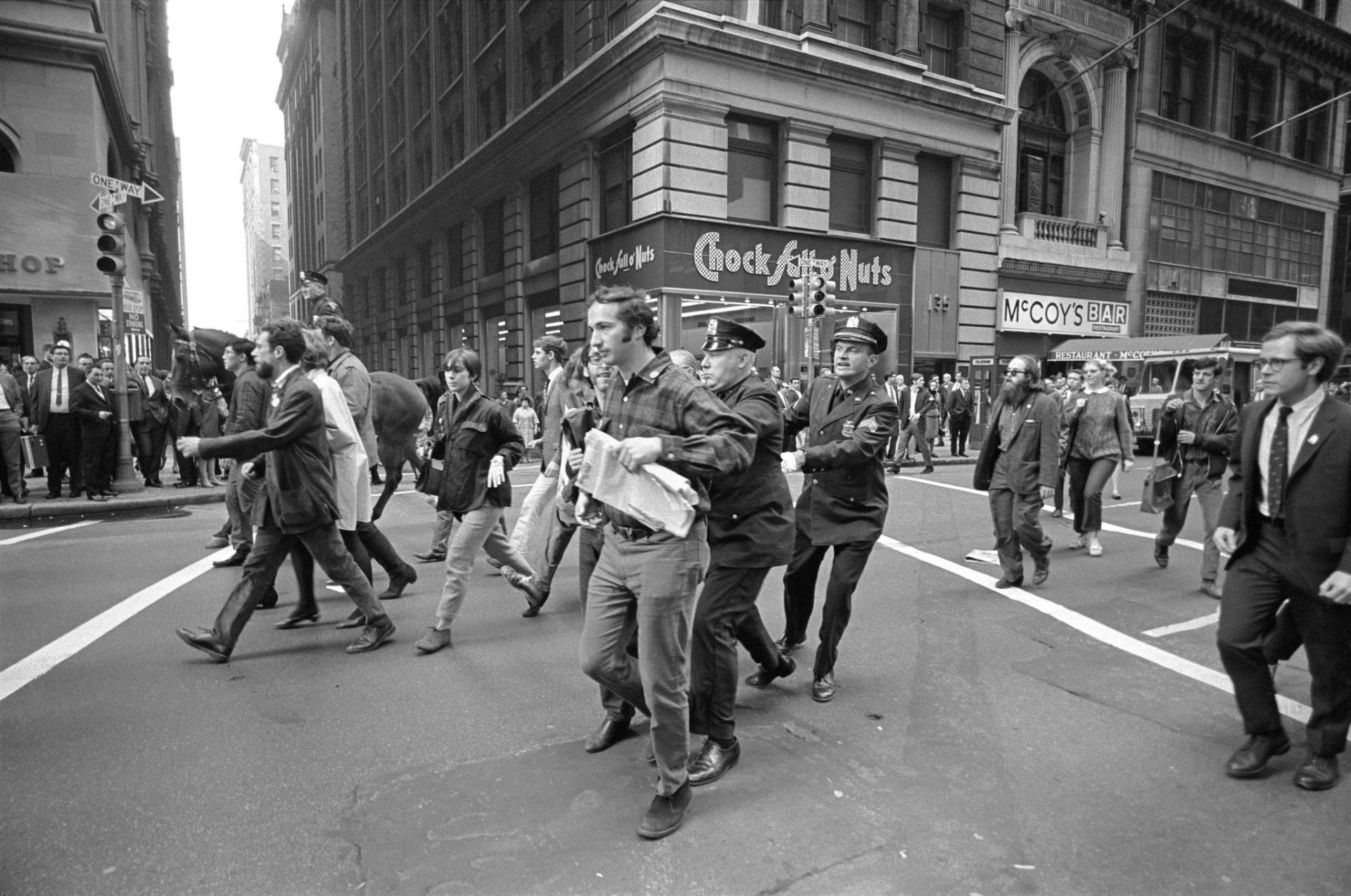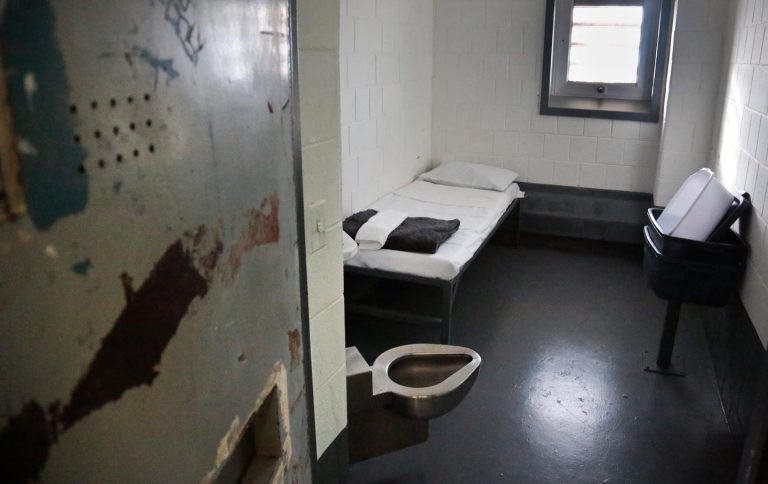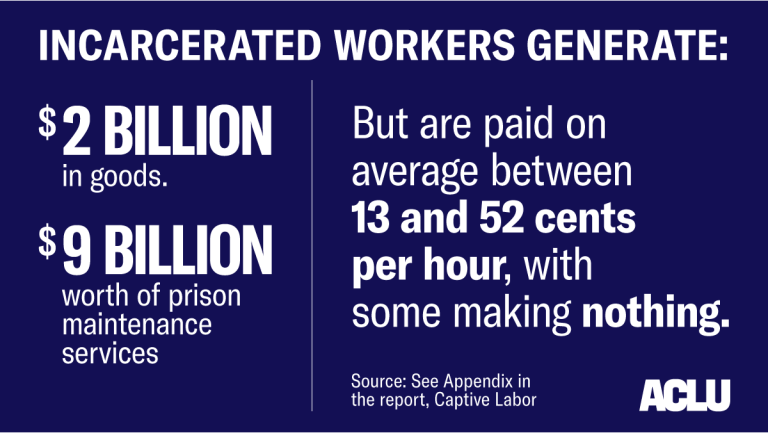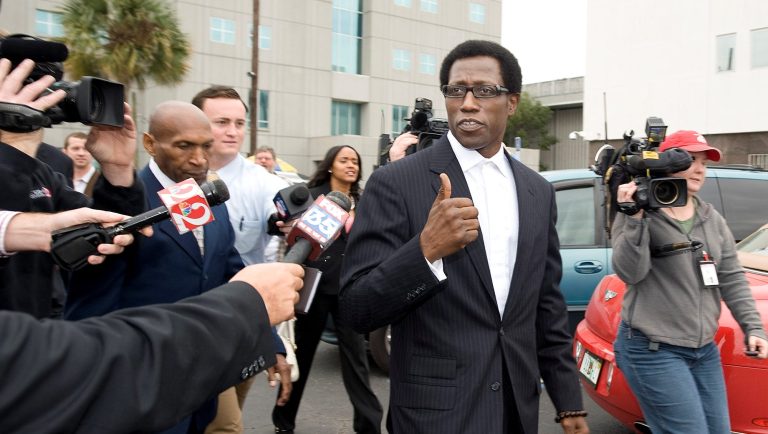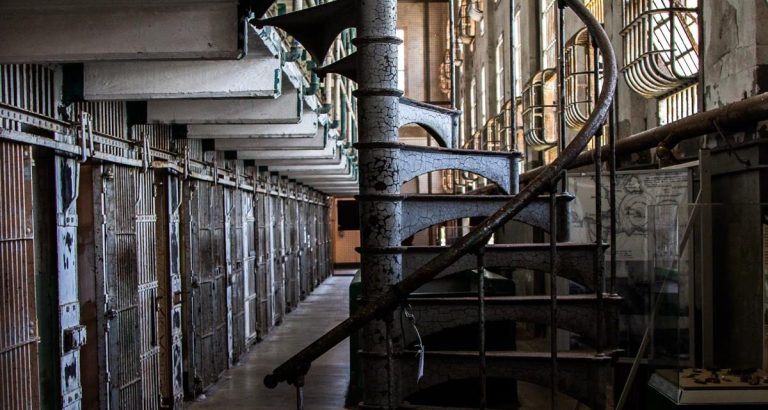Are Prisoners Drafted for War
Introduction
Warfare has evolved significantly throughout human history. As it’s often considered the last resort to resolve conflicts, there are rules and ethics that govern this grim practice. One question that often arises in this context is, “Are prisoners drafted for war?” The answer is complex and multi-faceted, depending on historical, ethical, and legal perspectives.
Brief Historical Background
War and Forced Labor in the Past
Historically, war prisoners were often subjected to forced labor. They were used for various tasks, from building fortifications and digging trenches to working in munitions factories. However, this practice was drastically different from drafting a country’s own incarcerated citizens to fight.
The Role of Prisoners in War
Prisoners, especially those incarcerated for serious offenses, were seldom trusted with fighting for their countries due to the risks associated with giving them arms. Yet, in times of desperation, nations have been known to enlist inmates, often promising reduced sentences or freedom in exchange.
Legal Framework Regarding Drafting Prisoners for War
International Humanitarian Law (IHL)
IHL, which governs conduct during armed conflicts, forbids compelling prisoners of war to serve in the armed forces of the detaining power. However, it does not explicitly address the situation of a country drafting its own incarcerated citizens.
Geneva Conventions
Under the Geneva Conventions, forced labor of war prisoners is strictly forbidden. These conventions, however, focus primarily on prisoners of war and not on the domestic imprisonment scenario.
Modern Perspective
The U.S. Perspective
In the United States, the idea of drafting prisoners for war remains controversial. It is generally considered a potential violation of human rights, notwithstanding potential benefits like reducing prison populations or offering a path to redemption.
Global Perspective
Internationally, the practice varies, with many countries preferring not to disclose such actions due to human rights concerns. Instances of prisoner enlistment remain rare and are typically tied to extreme circumstances.
Ethical Implications
Human Rights Considerations
Drafting prisoners into military service raises serious ethical questions. For one, it could be viewed as a violation of their rights, as the risks associated with war would be imposed on a vulnerable and non-consenting population.
The Dilemma of Necessity vs. Ethics
Yet, there’s an argument for the draft as a necessity in times of crisis. Is it ethical to draft prisoners if it could potentially change the outcome of a war? This question, however, is fraught with moral quandaries.
Practical Considerations
Security Concerns
Trust and security are central issues when considering drafting prisoners for war. The potential for insubordination or defection could compromise military operations, thus raising significant security concerns.
Rehabilitation and Reintegration
On the flip side, some argue that military service could offer a path towards rehabilitation and reintegration into society for prisoners, a chance to repay their debts and reestablish their lives.
Potential Alternatives to Drafting Prisoners
Given the complexity of drafting prisoners for war, countries may look into alternatives such as strengthening volunteer enlistment, bolstering alliances, or investing more heavily in technology to reduce the demand for human soldiers.
Conclusion
While historically there have been instances where prisoners were used in warfare, today the practice is largely seen as a violation of human rights under international law. The ethical implications, security risks, and potential for rehabilitation make this a complex and controversial issue. In a world increasingly concerned with human rights and ethical conduct, the drafting of prisoners for war seems an unlikely solution.
FAQs
- Q: Have prisoners ever been drafted for war? A: Yes, there have been historical instances where prisoners were drafted for war, usually under extreme circumstances or with the promise of reduced sentences.
- Q: Is it legal to draft prisoners for war? A: International Humanitarian Law forbids forcing prisoners of war to serve in the armed forces of the detaining power. However, the drafting of a country’s own prisoners is not explicitly addressed.
- Q: What are the ethical implications of drafting prisoners for war? A: The practice raises serious ethical questions, including human rights violations and the imposition of war risks on a vulnerable population.
- Q: What are the security concerns when drafting prisoners for war? A: There are concerns regarding trust and security, including the potential for insubordination or defection, which could compromise military operations.
- Q: Could military service offer rehabilitation for prisoners? A: Some argue that military service could provide a path to rehabilitation and reintegration for prisoners. However, this viewpoint is controversial and varies widely.

